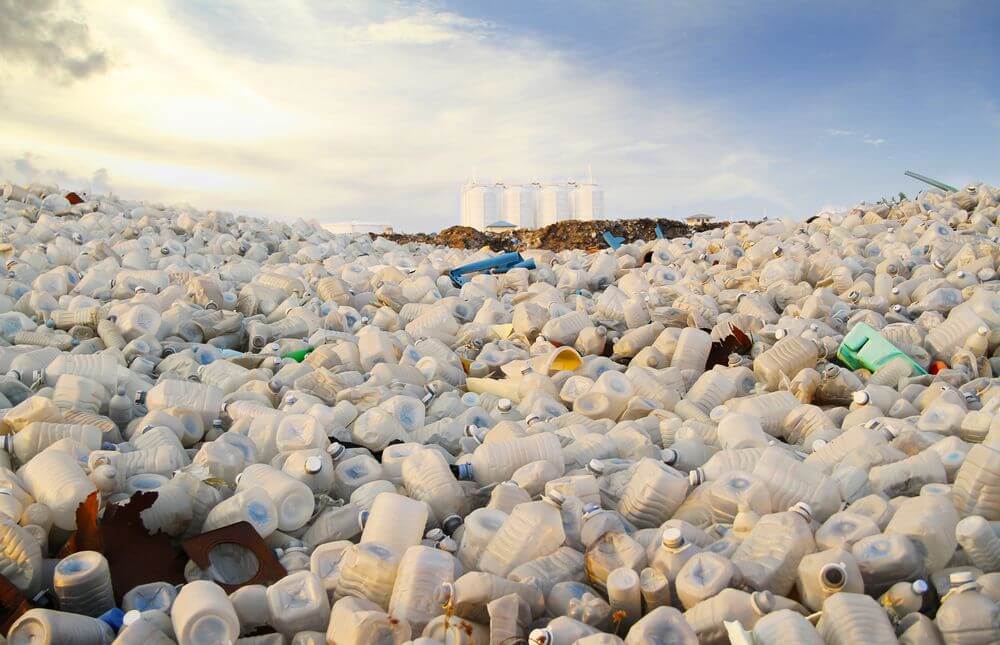There have been news stories recently about an insect that can eat plastic bags. Scientists have discovered that these tiny grub-like insects, more commonly found in bee hives, can eat plastic. The question is; could wax worms solve our global plastic problem?
We know that much of the 300 million tons of plastic produced across the world is resistant to the natural degradation process, so to discover an insect that eats plastic is quite a milestone for the research of the biodegradation of plastics.
Federica Bertocchini, of the Institute of Biomedicine and Biotechnology of Cantabria in Spain, made this groundbreaking discovery a couple of years ago. An amateur bee-keeper, Federica found an infestation of wax worms, the larvae of the Greater Wax Moth (Galleria Mellonella), when cleaning out empty hive boxes. She brushed them into an empty plastic grocery bag only to be shocked at how quickly the wax worms ate their way out, leaving the plastic bag riddled with holes.
It’s been confirmed by the team at Current Biology, that the larvae of the Greater Wax Moth can breakdown the polyethylene found in plastic bags into ethylene glycol which can be converted to useful substances like antifreeze.
On making her discovery Bertocchini had another thought – “since they eat wax, they may have evolved a molecule to break it down and that molecule might also work on plastic,” she said.
Delving into this further Bertocchini, along with fellow scientists Christopher Howe and Paolo Bombelli, set out to work out how the wax worms were munching through plastic. The team placed 100 wax worms into a plastic shopping bag overnight. During this time the worms degraded 92 milligrams of the plastic bag. This meant it would take these 100 worms almost a month to fully degrade an average 5.5gm plastic shopping bag.
This is a great discovery but could wax worms solve our global plastic problem? Scientists have been searching for a way to biodegrade plastics for decades. In 2014 it was found that gut bacteria in a different species of wax worm could breakdown polyethylene. In 2016 enzymes in another species of bacteria were found to breakdown a different plastic, polyethylene terephthalate. After these finds there are bound to be other worm species that can degrade plastics, but the research is slow and our use of plastic continues to rise.
Polyethylene is one of the most commonly recycled plastics typically used in the manufacture of branded packaging, bottle and trays. It is used by household names like Marks & Spencer, Halfords and Coca Cola.
More and more sustainably minded companies are thinking of the impact on the planet their products and packaging can have. Ikea is a great example – they bought forests to make sure they have a supply chain for sustainable paper, wind farms in Poland to strengthen the renewable energy market, and now to further reduce their environmental footprint they plan to invest in a plastic recycling plant in the Netherlands. Ikea’s goal with regards to plastic is to make their products using 100% recyclable and/or recycled materials by August 2020.
It’s clear we don’t quite have a solution to the world’s plastic problem just yet, but this recent discovery could go a long way to helping us all move towards sustainability.


